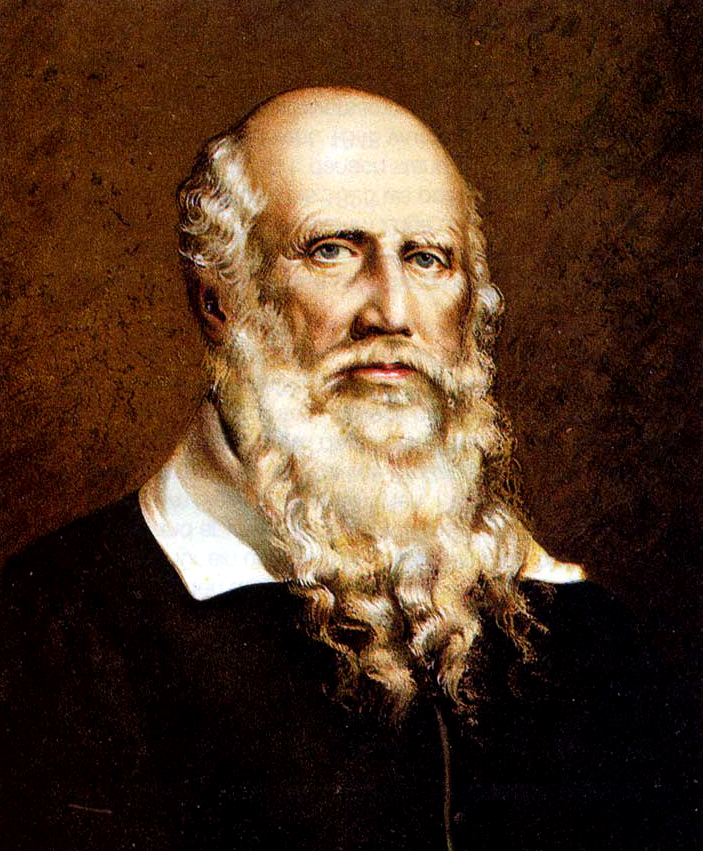Friedrich Ludwig Jahn, (born Aug. 11, 1778, Lanz, Brandenburg, Prussia—died Oct. 15, 1852, Freyburg an der Unstrut, Prussian Saxony), the German “father of gymnastics” who founded the turnverein (gymnastics club) movement in Germany. He was a fervent patriot who believed that physical education was the cornerstone of national health and strength and important in strengthening character and national identity.
Jahn studied theology, history, and philology (1796–1802) at the universities of Halle, Frankfurt an der Oder, Göttingen, and Greifswald. He spent the next years tutoring, travelling, and attending classes at Jena and Göttingen. In 1809 he settled in Berlin, where he held several teaching positions at secondary schools. There he began a program of outdoor physical exercise for students. He invented the parallel bars, the rings, the balance beam, the horse, and the horizontal bar, which became standard equipment for gymnastics. He established a strong following among both youths and adults and in 1811 opened his first gymnastics club.
|

In 1813 Jahn joined the volunteer Lützow corps and commanded its third battalion until after the fall of Napoleon in 1815, returning then to Berlin and resuming work as a state teacher at his gymnastic club. Deutsche Turnkunst zur Einrichtung der Turnplätze (A Treatise on Gymnastics, 1828), written with Ernst Eiselen, was published in 1816. In the politically reactionary climate of 1819, Jahn came under suspicion for his outspoken nationalistic views and strong influence on youth, and the government arrested him, closed his gymnastic club, and imprisoned him for almost a year. After his release he was confined to the city of Kolberg until 1825, when he was given his freedom. He was forbidden, however, to live in a city with a university or a secondary school, and so he moved to Freyburg an der Unstrut, where he lived the rest of his life. Jahn was awarded the Iron Cross for military bravery in 1840. Two years later a national ban on gymnastics, which had been in effect since 1819, was lifted. He served in the national parliament (1848–49).
Jahn wrote a vigorous defense of cultural nationalism, based on his investigation of the German language and culture, Das Deutsches Volkstum (“German Nationality”; 1810).
|












